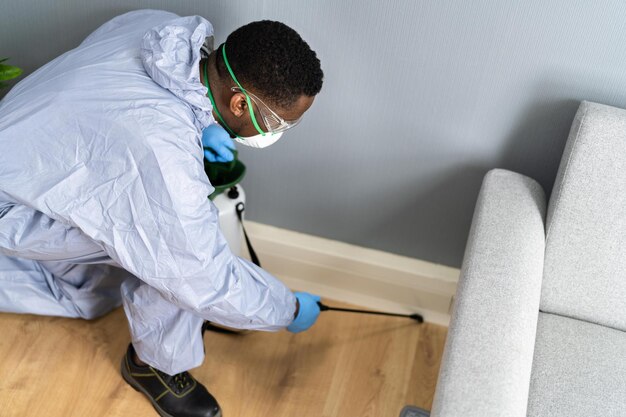How To Become A Pest Control Technician: Degrees, Certifications, and Licenses Needed
Embarking on a career as a pest control technician offers a blend of hands-on work and scientific understanding of pest behaviors. While formal degrees are not always necessary, obtaining specific certifications and licenses is crucial to entering this field and excelling within it. Most U.S. states require pest control technicians to hold a license, which involves passing a state-approved test that certifies their knowledge in handling pesticides safely and effectively. Educational programs, ranging from certificate courses to associate degrees in pest management or related fields, can provide a competitive edge by furnishing necessary skills and understanding of industry best practices, environmental regulations, and safety protocols.
Additionally, voluntary certifications from recognized institutions like the National Pest Management Association (NPMA) can demonstrate a higher level of expertise and dedication. Although a high school diploma or GED is the minimum requirement, pursuing education and training in entomology, biological sciences, or agricultural methods offers a deeper grasp of pest control techniques and significantly enhances career opportunities.
Pathways to a Career in Pest Control
- 📜 State Licensing: Mandatory with exams focused on safe pesticide use.
- 🎓 Certifications in Pest Management: Offered by organizations such as NPMA.
- 📘 High School Diploma/GED: Basic educational requirement.
- 🏵️ Voluntary Certification: Further qualifications to enhance expertise.
- 🧑🌾 Associate Degrees: In related fields like entomology or agricultural science.
